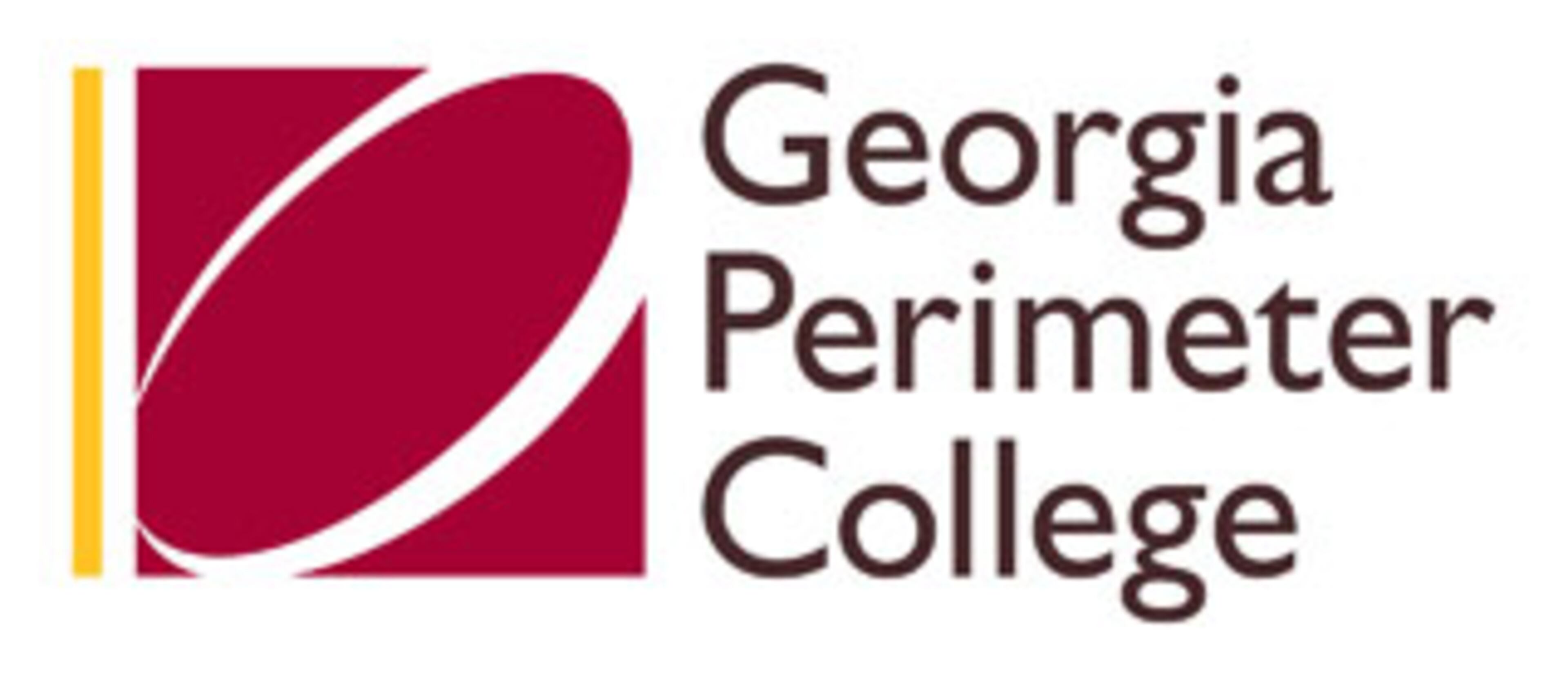Are we moving to a two-tier higher ed system? Four-year colleges and technical schools?
UPDATE: Since I posted this earlier today, Georgia Perimeter College called to say it has updated the release to make it clearer. So, I am subbing in the new release as of 3:48 p.m. Friday.
Georgia Perimeter College posted a release on its website about tougher math requirements.
A Georgia Perimeter professor urged me to share the information as it has implications for students. The professor contends the changes will make it harder for Georgia high school graduates to gain access to the state's public higher education system.
The professor's concern: These actions move GPC further from the community college model and its emphasis on accessibility.

And the professor's question to me: Are we moving to a public system in Georgia where there are only two real higher ed options: four-year colleges and universities and technical colleges with nothing in between?
Here is the updated GPC release so you can judge for yourself:
Several changes in learning support and admission policies kicked in at Georgia Perimeter College this fall.
Christopher Rednour, GPC’s director of Testing and Learning Support, says the changes are aimed at boosting the probability that students will graduate from college. “The end goal is to make sure that students persist and get their degree,” he explains.
For starters, there are higher scores used on standardized math tests in order to exempt Learning Support placement testing. Applicants seeking admission through standardized tests now may provide GPC with a minimum 500 on the math portion of the SAT or a 21 on the same section of the ACT for exemption from placement testing for admissions.
Previous standards stood at 440 and 18 respectively. Minimum scores to exempt placement testing for the SAT critical reading (480) and the ACT English (20) components are the same.
Cut-off scores for Move on When Ready (formerly Dual Enrollment) students also are unchanged from previous years.
Students who don’t meet the minimum SAT or ACT scores, as previously, must take the Computer Adaptive Placement Assessment and Support System (COMPASS) test — but with some changes in the way scores are assessed to determine if there is a need for additional skill building.
For example, a prospective student’s math score will be evaluated based on whether that student’s intended program of study (major) requires college algebra in order to move on to calculus. So, COMPASS scores will be interpreted differently for students pursuing majors in Science, Technology, Engineering and Math (STEM) and those in non-STEM majors. To exempt Learning Support placement for college algebra, STEM majors will need to score higher on the COMPASS algebra test than students whose majors require a non-algebra based mathematics course. This is to ensure that students get the appropriate support, if any is needed, for whatever math their major requires.
Jaishree Jani, Advising, Counseling and Retention Services, led a series of Learning Support information sessions on GPC’s Clarkston Campus this summer. She walked faculty and staff through a number of scenarios highlighting how the new COMPASS interpretations will impact students.
For example, she explained, a student could possibly “offset” a low English/Reading COMPASS score, but still gain admittance to the college if he or she has a high enough COMPASS algebra score.
Additional changes beginning this fall include new placement levels for Learning Support: Foundations classes, which are individual courses designed to assist students similar to the previous Learning Support courses, and Co-requisite courses. The latter allows students to receive learning support while also being enrolled in standard college courses (now called Gateway courses).
“The new Learning Support policies and procedures are designed to get students into their college classes faster, with the Co-requisite courses, while still offering the support and skill building the students need,” Jani says.
Other changes include adjustments in the number of attempts given to exit Learning Support. Students now will have two attempts at the lowest placement level (Foundations), but will have unlimited attempts at the Co-requisite remediation level. It is expected that the majority of students requiring learning support will start at the Co-requisite level. Previously, students received three attempts to exit the entire area of learning support math, and two for English.
Students who don’t pass Foundations Learning Support within the attempt limit are placed on Learning Support exclusion and—as previously— are precluded from taking additional classes at Georgia Perimeter for a year. During this time, students can transfer to an accredited Technical College System of Georgia or private school. In doing so the student can seek readmission without Learning Support requirements if they complete Learning Support at the Technical College System of Georgia school, or complete college algebra and composition and grammar at the private school, allowing them to return to GPC while also advancing towards their degree goals.



